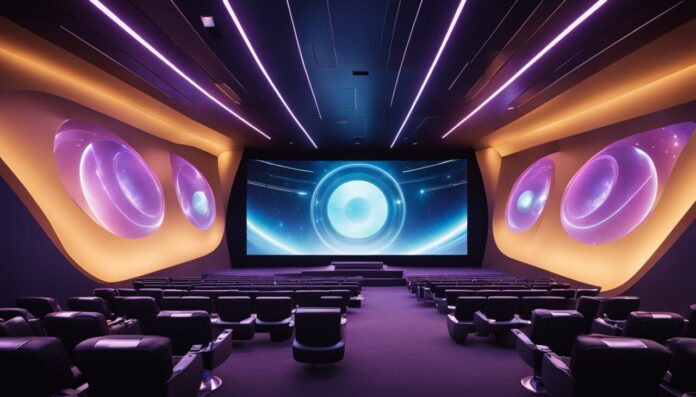
As technology continues to evolve, so do the ways in which we consume media. With the rise of streaming services, the decline of traditional movie theaters, and the increasing use of AI in movie creation, it’s only natural to wonder what the future of movies will look like.
Will we still gather in dark rooms to watch stories unfold on the big screen, or will we experience them in new, innovative ways?
Who will create movies – humans or Artificial Intelligence?
Let’s dive in…
One thing is certain: technology will play a major role in the future of movies. From virtual reality experiences to interactive storytelling, the possibilities are endless.
As filmmakers and studios continue to experiment with new technologies, audiences can expect to see much more immersive and engaging movie experiences.
Not only that but in the not-so-distant future, say 2050, we can expect that full-length films will be created solely by AI.
This will certainly disrupt the whole industry, especially those working there.
And so, before diving deep into the future of movies, let’s first explore what shaped the movies and the industry in the last decade.
Interesting fact: The first feature-length film, "The Story of the Kelly Gang," was released in Australia in 1906 and ran for over an hour.
Evolution of Film Technology
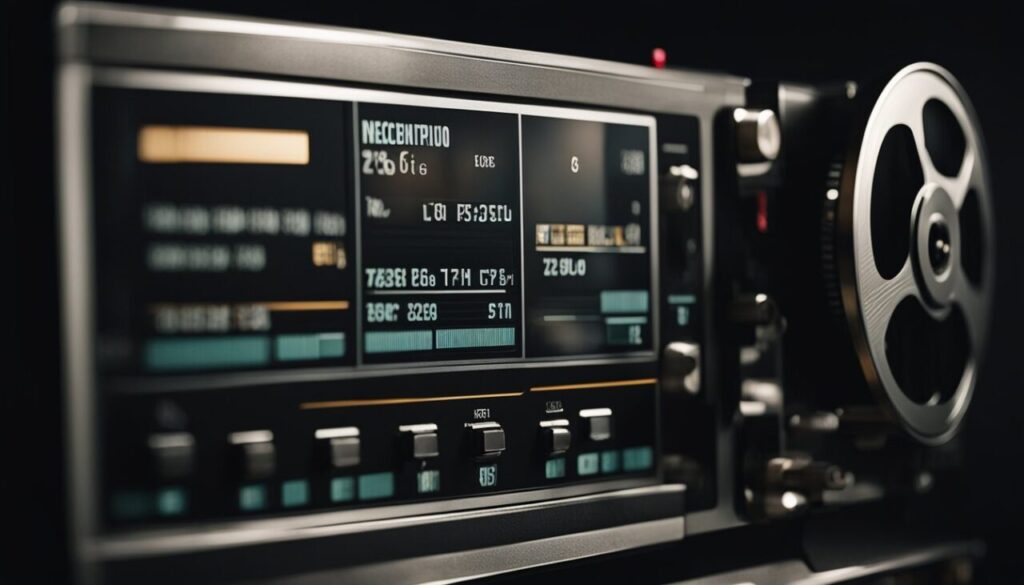
The way movies are made and experienced by audiences has changed dramatically over the years.
Here are some of the key advancements in film technology that have shaped the industry as we know it today:
Advancements in Visual Effects
One of the most significant changes in film technology is the use of visual effects (VFX). VFX have been used in movies for decades, but with the rise of computer-generated imagery (CGI), filmmakers are now able to create incredibly realistic and fantastical worlds that were once impossible to achieve.
From the dinosaurs in Jurassic Park to the superheroes in the Marvel Cinematic Universe, VFX have become an integral part of modern filmmaking.
Interesting fact: The first use of CGI in a feature film was in 1973's "Westworld."
Rise of Virtual and Augmented Reality
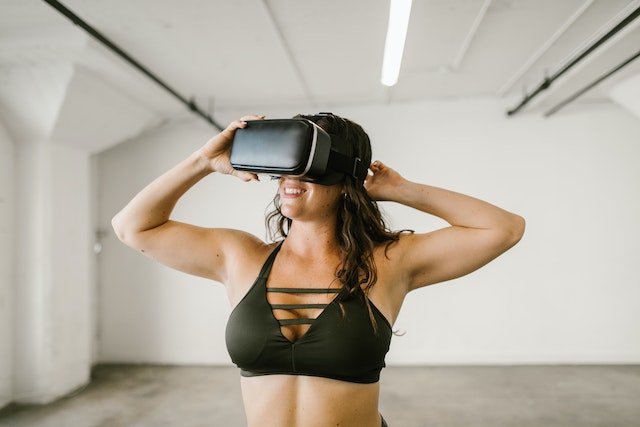
Virtual reality (VR) and augmented reality (AR) are also two technologies that are changing the way movies are experienced.
With VR, audiences can be fully immersed in a 360-degree environment, while AR overlays digital information into the real world.
These technologies are still not widely adopted, but certainly, they will play the most important role in the next five to ten years.
Interesting fact: The first VR headset was created in 1968 by Ivan Sutherland.
High-Frame Rate Cinematography
Traditionally, movies have been shot and projected at 24 frames per second (fps). However, in recent years, some filmmakers have started experimenting with higher frame rates.
The Hobbit trilogy was famously shot at 48 fps, which some audiences found jarring.
Despite this, high-frame rate cinematography has the potential to create a smoother, more realistic look to films.
Interactive and Immersive Formats
Interactive and immersive formats are another area where film technology is evolving.
From Netflix’s interactive “Black Mirror” episode to the immersive experience of “Sleep No More,” filmmakers are finding new ways to engage audiences.
With the rise of virtual reality and other technologies, we can expect to see even more interactive and immersive films in the future.
Interesting fact: The first interactive movie was released in 1967 and was called "Kinoautomat."
Ok, so those are all effects of movie evolution tied with the rise of technology use.
But what technology has the biggest potential to completely change movies and the whole film industry?
Well – artificial intelligence, of course.
Artificial Intelligence Creating Whole Movies?
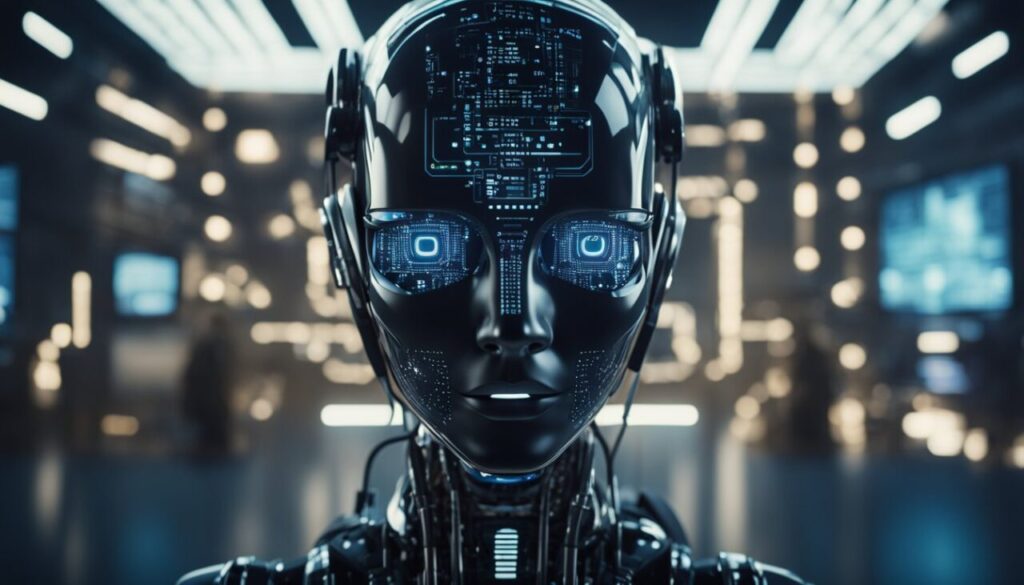
Artificial Intelligence (AI) has already made significant moves in the film industry by creating computer-generated imagery (CGI) and special effects.
However, the question remains: can AI create whole movies?
There is no doubt that AI has the potential to create entire films.
In fact, a few short films have already been made by AI. For example. in 2016, a short film called “Sunspring” was written by an AI program called Benjamin.
Besides that, we’re now witnessing the rise of generative artificial intelligence models that specialize in text-to-video generation.
We’re only in the beginning stages of development of these models and they already look amazing.
Witness for yourself. Below are examples of videos created by OpenAI’s Sora and Google’s Lumiere:
However, creating a full-length feature film is a much more complex task. It requires a cohesive story, well-developed characters, and emotional depth – all of which are difficult for AI to replicate.
Additionally, for now, AI lacks the ability to understand human emotions and experiences, which are essential for creating a relatable and engaging film.
Nonetheless, by 2050 we can expect that AI will create full-feature films.
Perhaps much earlier (2030?), depending on how rapidly will technology grow.
Imagine the following:
- You write the following prompt to SORA: “Create a movie that is like Mission Impossible 2, but the storyline is happening on an island in Croatia. Replace Tom Cruise with Brad Pitt, and add the mixture of characters from The Hobbit.”
- SORA produces a whole movie in a matter of minutes and you have the ability to change scenes just by typing text commands.
Now, while this seems like a mission impossible (pun intended), it will become reality one day.
Will it happen in the next 5 years or in the next 50 years, it does not matter.
What does matter is that it will happen and it will completely change the whole industry.
For better or for worse?
Well, for people working in the industry – most certainly for the worse.
But also for the average viewer from one perspective.
Namely, if movies will be created by AI then the movies will completely lose their souls.
They will become the product of some kid’s imagination with the help of AI.
And while this may sound amusing it could be really devastating for the whole industry.
Nonetheless, let’s dive even deeper.
Let’s try to imagine what will movies actually look like, say in 2050.
What Will Movies Look Like in 2050?
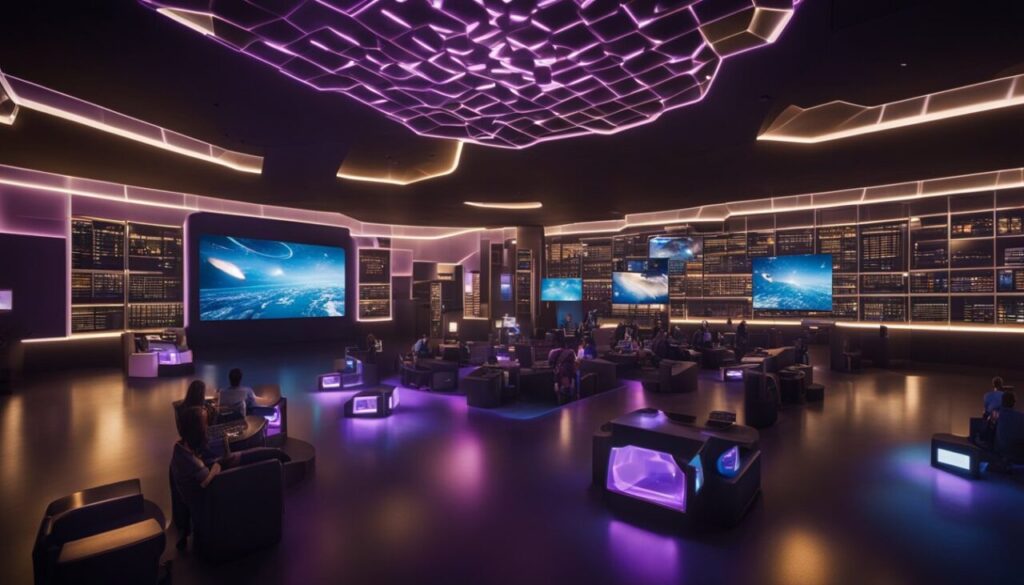
One thing is for certain – movies in 30 years or by 2050 will look completely different.
Firstly, cinemas will no longer exist at all.
Okay, perhaps a few art cinemas will remain as symbols of history, but the cinemas we are accustomed to today will certainly no longer exist.
Secondly, physical actors (real people) will not appear in 70% or more of films. It is even quite possible that by 2050, there won’t be a single real actor.
This means that all actors will be artificially created using artificial intelligence. New artificial stars will be created, and existing ones will be replicated or digitized.
Thus, we will have the opportunity to see new movies starring Marlon Brando and many other actors who are no longer alive.
Similar things are already happening in social media.
We are already seeing hundreds of internet stars and models who are actually artificial.
Miquela (@likemiquela) is a good example.
“She” has 2.6 million followers and “she” is – quoting: “🤖 21-year-old Robot living in LA 💖.”
And as mentioned – there are already hundreds of such virtual characters online.
The same will happen with movie stars.
By 2050, most will become virtual, and most studios will decide to use virtual characters for their movies.
Initially, real movie stars will rebel against this, but in a few years, all of that will be forgotten.
Children born today will hardly know about the old movies where real people acted.
Moreover, that old world will seem strange to them.
Why on earth would someone pretend to be something else when AI can do it?
And so, the real world of movies will disappear, but it will be replaced by a virtual world of movies with virtual actors, virtual scenarios, and virtual nature.
AI will be able to create any movie with any actors at any time.
This will lead to a significant reduction in production costs and the creation of films. But it will also lead to an oversaturation of film production.
Literally, thousands of films will be produced on a daily basis, and it will be difficult to find something of quality.
On the other hand, the experience of watching a movie will be absolutely fantastic.
By 2050, everyone will have various virtual reality devices at home, and the viewer will literally be INSIDE the movie.
The viewer will be able to change the plot ad hoc and be in the scenario itself.
This will lead to the merging of video games and movies because both will provide a fully immersive experience.
Ultimately, this will again lead to more and more people being glued to their couches with large or small screens (or glasses).
As for erotic movies – it’s better not to mention them because if, or rather when they become ultra-realistic, then a good portion of people will decide to stop having real partners.
We wrote about this extensively in our article, “What Will Sex Robots Do to Humanity.”
Conclusion
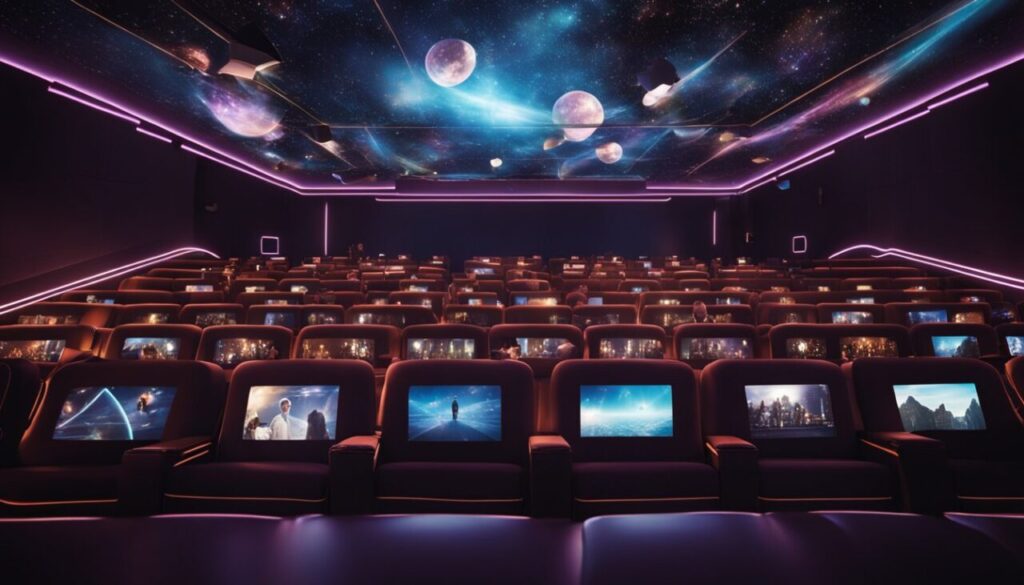
In conclusion, the future of movies is both exciting and strange. With advancements in technology, we can expect more immersive experiences and higher-quality visuals.
However, as we’ve mentioned, all of this will lead to complete changes in the film industry.
Many (if not all) actors will lose their jobs and will be replaced by AI actors.
Similarly, this will be the case for almost all other individuals involved in the filmmaking process.
Someone will still need to write the screenplay, but even there, AI will be predominantly used.
Ultimately, we can conclude that technology will completely take over the film industry.
By 2050, film creation will likely turn into an on-demand service.
Just as today Sora from OpenAI can create a short video based on a text prompt, in the future, entire movies will be created.
People will probably have the option to pay some money for an on-demand movie creation service and will start creating films that suit them.
Many people will put themselves in the lead role in the film and will start recreating their lives as part of the film.
Exciting times are definitely ahead.
Soon, we’ll be able to create a film about our own lives and watch it while we’re still alive.
Interesting, huh?
Interesting fact: The highest-grossing movie of all time is Avatar, which was released in 2009 and made over $2.9 billion worldwide.



























